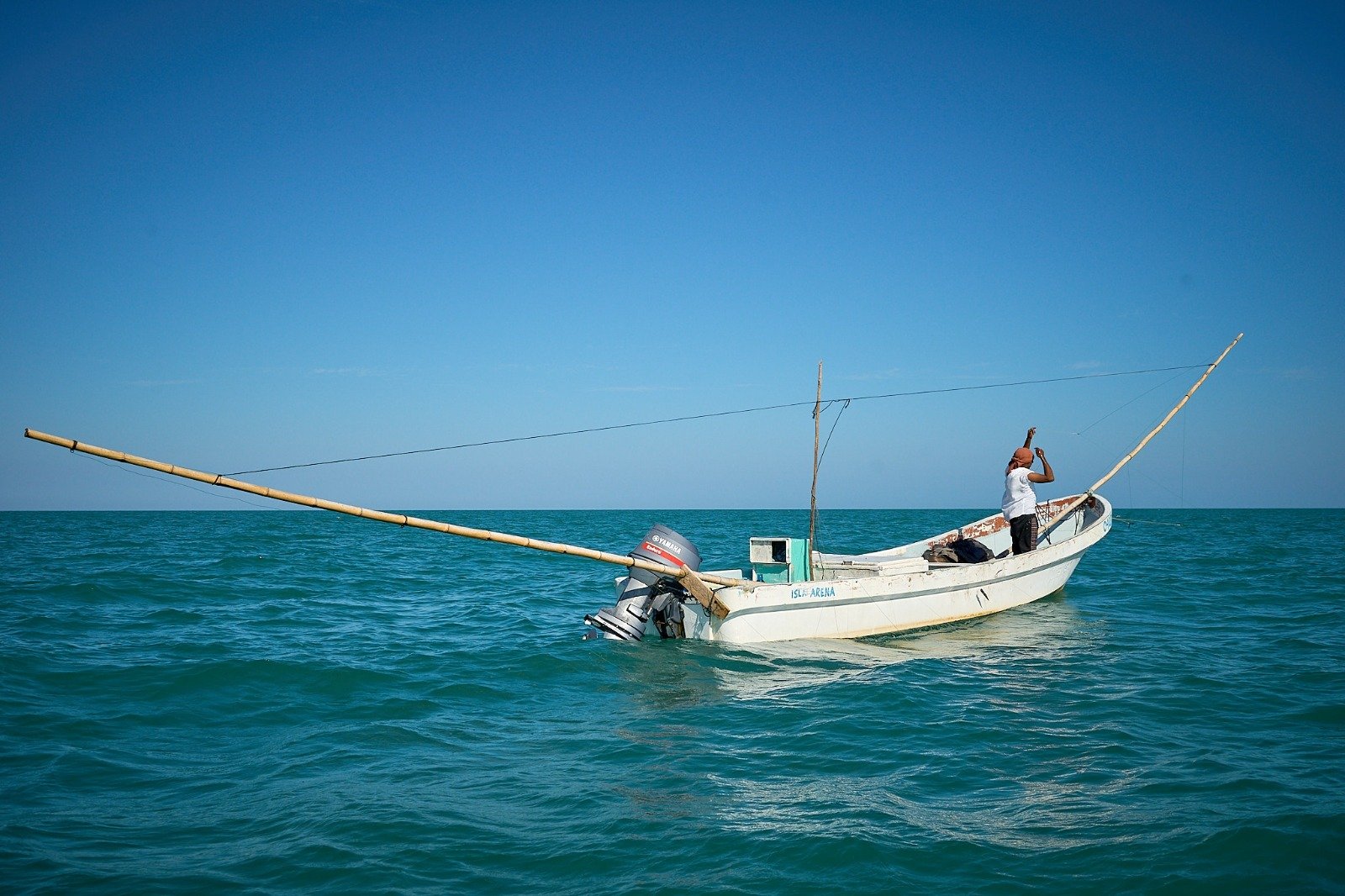Friday, 6 June 2025

Indian scientists who participated in the survey highlighted that rising sea surface temperature and increased frequency of extreme weather events including cyclones were causing disruptions in the marine food web and thereby coastal livelihood
On climate impact, Dr Sunil Mohamed, Chair of the Sustainable Seafood Network of India and former principal scientist at the ICAR-Central Marine Fisheries Research Institute (CMFRI) said: “Indian Ocean is rapidly warming leading to disruptions in fish productivity, species distribution, and decline of some commercially important varieties”. He is one of the three scientists involved in the global survey from India.
Plastic Pollution
In India, plastic pollution emerged as the biggest threat to marine ecosystems,
the scientists said. According to them, a staggering amount of plastic debris, originating from human activities in the land, is increasingly reaching oceans. Marine scientists warned that this influx of plastics poses an escalating danger to coastal ecosystems and to the livelihood of small-scale fishers.
Alarming Threat
“It is alarming that around 5 per cent of marine catch from coastal waters contains plastic waste”, said Dr Sunil Mohamed. Flagging it as a grave issue to marine life, he called for stricter measures to tackle the menace through coordinated and joint efforts of public and government agencies.
“There is inherent resilience in ocean ecosystems, and hence good fisheries management and environmental care could greatly help to restore the ecosystems”, he added.
Science and policy crucial
Despite worries, the scientists are optimistic about the situation pointing to advances in science and policy as tools in protecting the oceans. They cited examples of global treaties and commitments as well as positive case studies of ocean restoration projects as ways in which ocean biodiversity could be protected from future harm.
Respondents emphasised that international policies, treaties, and governance frameworks needed to go faster and further in their efforts to maintain a healthy ocean for future generations.
Dr M.K Sajeevan, Professor and department head at Kerala University of Fisheries and Ocean Studies and Dr S Sabu, Associate Professor at Cochin University of Science and Technology (CUSAT) are the other respondents to the survey from India.
On scientists’ response, Dr Beth Polidoro, Research Director at MSC said: “There is a general consensus from scientists across the world that our oceans are under threat”.
“What is positive is that we are still in a place to change the trajectory, halt these negative impacts and ensure healthy oceans full of life for future generations.
Ahead of World Oceans Day, the MSC released Preserving ocean life: How sustainable fishing supports biodiversity, a report showcasing a selection of positive case studies where fishers are using technology, tools and different techniques to minimise their impact on ocean biodiversity and protect marine life for future generations.
In the foreword of the report, Peter Thomson, the United Nations Secretary-General’s Special Envoy for the Ocean, author of the foreword of the report, said: “The latest figures from the Food and Agriculture Organization of the United Nations (FAO) show the number of stocks that are overfished continues to rise, and this is now at 37.7 per cent. If overfishing and poor fishing practices remain unchecked, they will continue to threaten the survival of marine species and the health of ocean ecosystems.